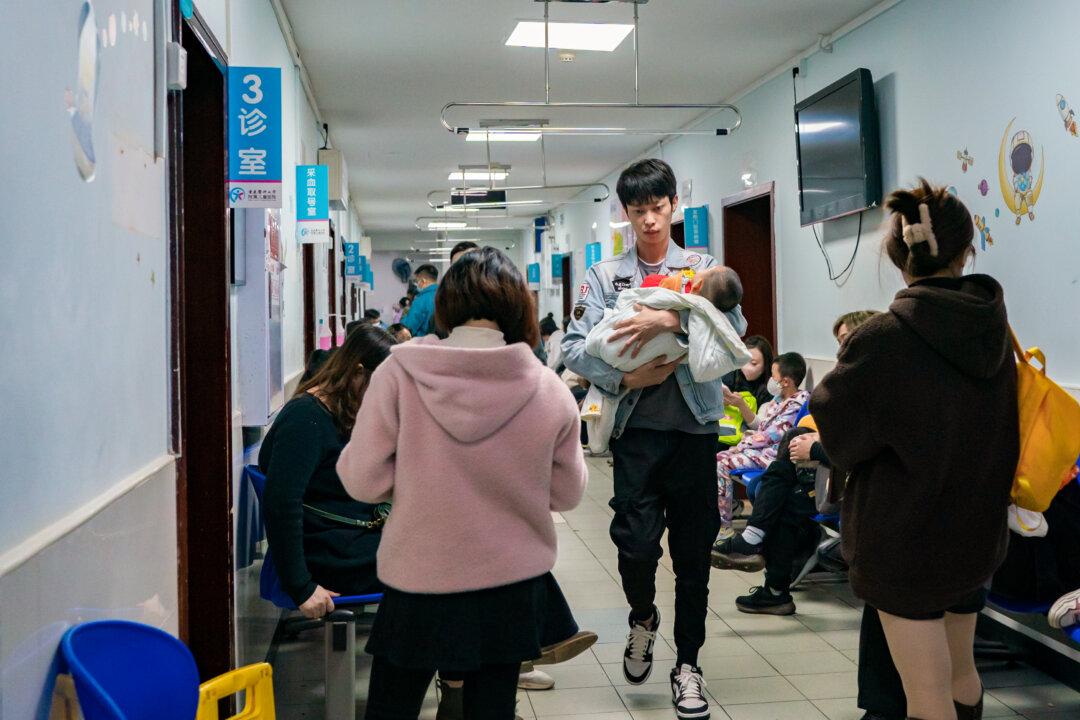A new COVID-19 variant, KP.2, has been detected in Guangdong, contributing to what Chinese authorities describe as “a low-level wave-like pattern of growth” in COVID infections. However, frustrated Chinese citizens, speaking to the Chinese language edition of The Epoch Times, report frequent deaths and accuse hospitals of concealing the true extent of the outbreak.
Chinese authorities have reported that the proportion of KP.2 in weekly cases ranges from 0.05 percent to 0.30 percent, a low level compared to the global prevalence of 14 percent in early May.




